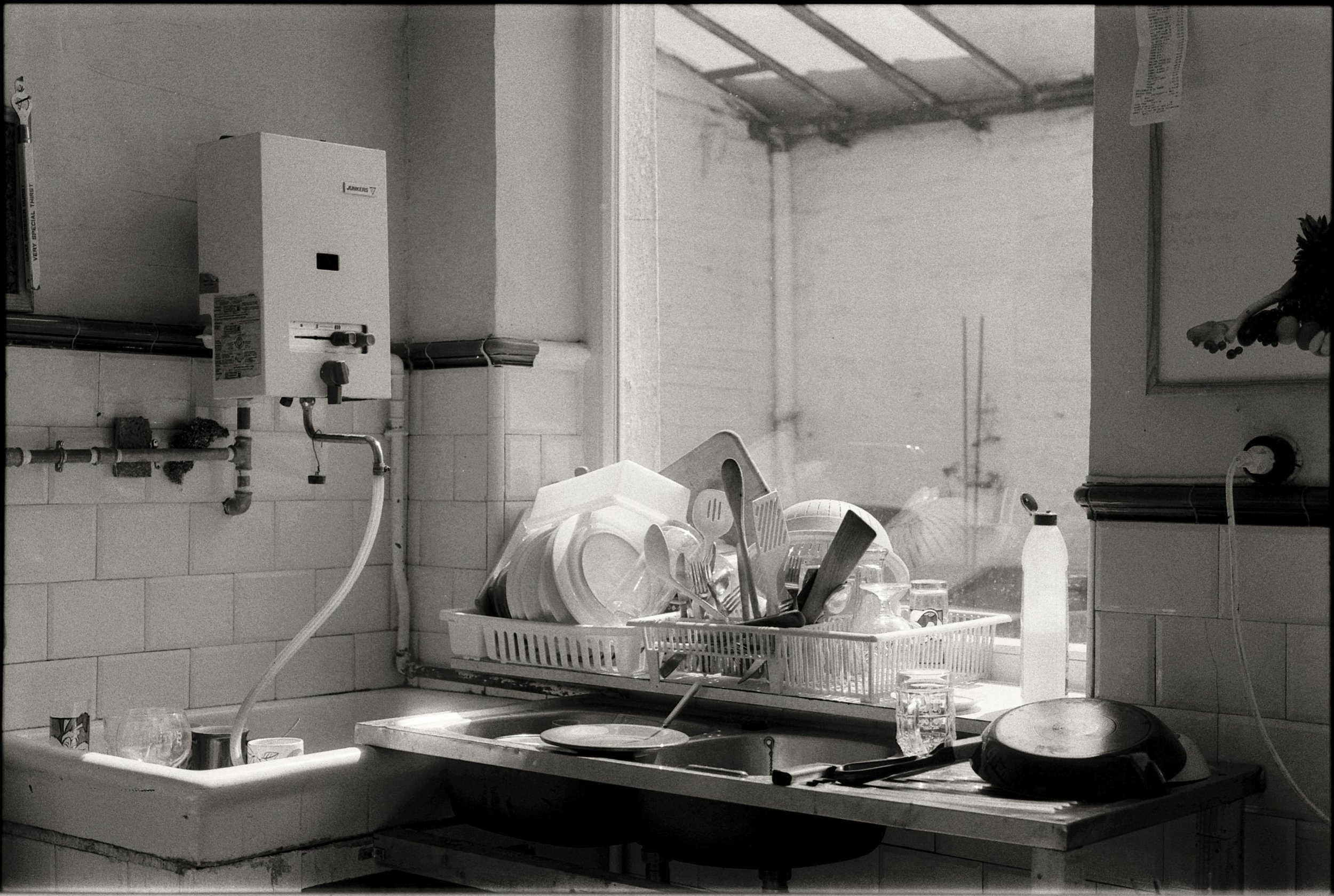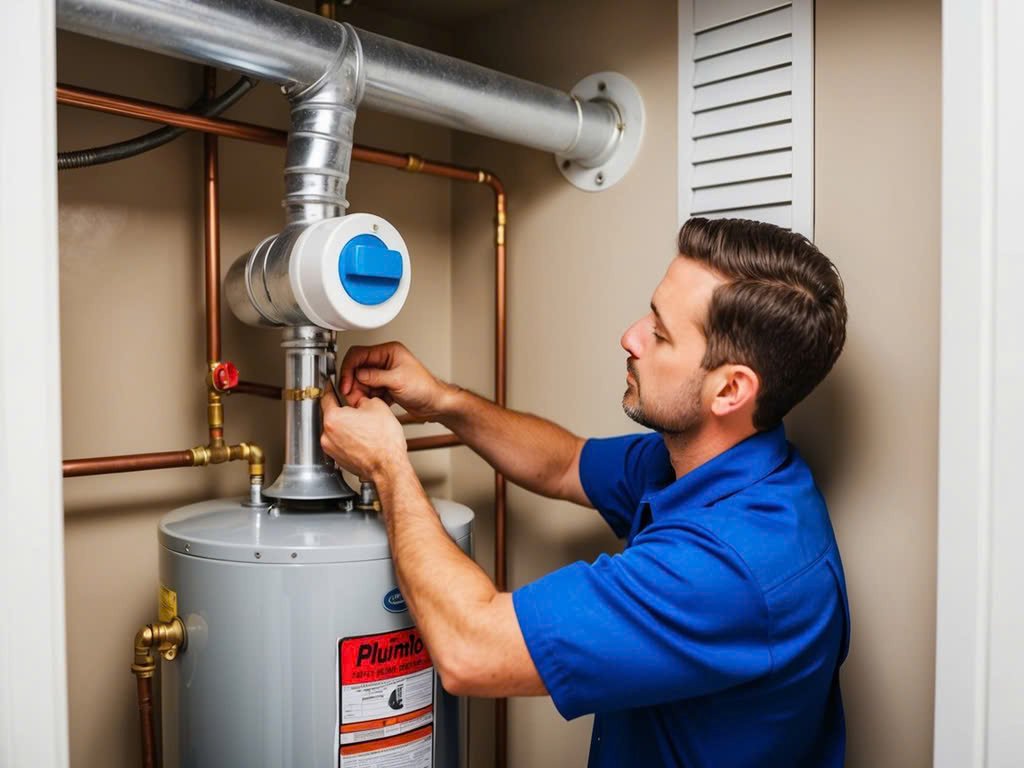How Hot Water System Servicing Prevents Expensive Repairs
Regular hot water system servicing helps prevent costly repairs and ensures efficient performance. Discover why maintenance matters!
Hot water systems are the unsung heroes of modern homes, quietly ensuring that daily routines run smoothly, whether it's for a warm morning shower or washing the dishes after a hearty meal. These systems are so integral to comfort and convenience in daily life that their significance often only becomes apparent when something goes amiss. The heart of the household, the hot water system, when not maintained properly, can lead to a series of troublesome and costly issues. Common problems may include sudden loss of hot water, leaks, or even more severe system failures that require immediate attention.
Undoubtedly, regular servicing of hot water systems provides long-term cost benefits by preventing these unexpected breakdowns and maintaining efficiency over time. People might wonder, how does one quantify such benefits? Simple—when a system is running efficiently, it uses less energy, saving on utility bills. Moreover, avoiding the high costs of emergency repairs and extending the lifespan of the system means saving substantial amounts over the system's lifetime.
Here's a glimpse into the structured content covered in this article. We'll start by understanding the essential components of hot water systems, followed by exploring the benefits of regular servicing. This includes identifying signs indicating the need for servicing, reviewing the implications of neglect, and guiding you on how to choose the right service professional. Finally, a comprehensive conclusion will encapsulate the significant aspects of maintaining these vital systems.
Understanding Hot Water System Components
At the core of any hot water system lies a series of key components that work harmoniously to provide the consistent hot water supply we rely on daily. It's like a well-conducted orchestra, where each part plays a crucial role. Let's take a closer look at these components and understand their functions.
The primary components include the heating element, thermostat, pipes, and storage tank. The heating element is responsible for bringing the water to the desired temperature, while the thermostat regulates this temperature to ensure it is consistent with your preference settings. Meanwhile, the pipes transport hot water from the tank to various fixtures around the home. The storage tank, either insulated or not, holds the heated water until it's needed.
Each of these components is crucial for the system's efficiency. If one is neglected, it can lead to a domino effect of problems. For instance, a faulty thermostat might cause the heating element to overwork, leading to increased energy consumption and reducing the system's efficiency. Or consider the scenario of neglecting the pipes, leading to leaks, which in turn affect water pressure and temperature, complicating daily household tasks.
When these components fail, the impact on a household routine is immediate. Imagine the inconvenience of starting the day with a cold shower because of a malfunctioning heating element or dealing with soggy floors due to unnoticed leaks. These issues underscore the importance of routine inspections and maintenance, which ideally would prevent such inconveniences.
The Benefits of Regular Hot Water System Servicing
Regular hot water system servicing holds numerous benefits that extend beyond just avoiding sudden system breakdowns. One of the most compelling advantages is the extension of the system's lifespan. By ensuring that all parts are in good working condition, servicing effectively avoids premature wear and tear. Imagine treating your hot water system like your car—an asset that performs well when cared for properly.
Moreover, regular checks can significantly improve a system's efficiency. During a service check, professionals may clean out any sediment build-up in the tank that can hinder heating efficiency. This cleaning can result in reduced utility bills, as the system doesn't have to work as hard to heat the water, saving both energy and money.
Prevention, as they say, is better than cure. Regular servicing can catch potential issues early, preventing them from escalating into more significant problems. This foresight can save homeowners from the frustration and urgency of system malfunctions and the inevitable repair costs. Moreover, it assures a consistent hot water supply—no nasty surprises during your morning routine.
Signs Your Hot Water System Needs Servicing
When a hot water system starts acting out, it often shows symptoms akin to an ailment. These signs, if recognized early, can be addressed before they lead to more severe damage. Consider the following indicators that your system might need some professional attention.
One of the most apparent signs is unusual noises emanating from the system, which can indicate sediment build-up or malfunctioning components. Leaks, meanwhile, are clear signs of trouble. It's essential to address them immediately to avoid water damage and unnecessary loss of water. Fluctuating water temperatures or complete loss of hot water suggest issues with the thermostat or heating element.
Decreased efficiency, such as taking longer to heat water or consistently running out of hot water sooner than before, are indicators that the system isn't operating as it should. These problems could escalate if left unattended. Homeowners can perform simple visual inspections, looking out for rust, moisture around the tank, or any visible damage. Regularly checking such signs can significantly curb the potential for future, more severe issues.
The Cost of Neglecting Hot Water System Maintenance
Neglect is costly, especially when it comes to maintaining a hot water system. Emergency repairs are not only inconvenient but can also be surprisingly expensive. By failing to address minor issues early on, they can evolve into significant failures that require extensive repairs or even system replacement.
Besides repair costs, inefficient systems also lead to higher energy bills. A system that isn't running efficiently consumes more energy to heat water, translating into higher utility bills—a continual drain on household resources. Moreover, neglected maintenance can lead to property damage, such as water damage from leaks or burst tanks, which racks up additional repair costs.
Furthermore, many warranties for hot water systems require regular servicing to remain valid. Skipping maintenance may void warranty agreements, leading to out-of-pocket expenses for repairs that would otherwise be covered.
How to Choose the Right Service Professional
Selecting the right professional for servicing your hot water system is crucial in maintaining its longevity and efficiency. But, what should one look for in a service professional? To start, key qualifications and experience are non-negotiable. A licensed professional with specific experience in hot water systems guarantees competence.
Checking reviews online or seeking recommendations from friends or neighbours can provide insights into the reliability and quality of service a professional delivers. It's also wise to ensure you receive a comprehensive service plan and quote before any work begins, giving a clear picture of what to expect in terms of costs and services provided.
When engaging with potential service providers, asking detailed questions can ensure thorough service. Inquire about their process, what areas they will inspect, and any specific recommendations they have for your system.
Conclusion
Understanding the importance of regular servicing for hot water systems is vital for any homeowner. It can't be overstated—it helps avoid unnecessary expenses and maintains the comfort and convenience of modern living. Scheduling regular maintenance should be seen as an investment in one's home, ensuring the system's efficiency and longevity.
With the information provided, readers are encouraged to assess their current maintenance schedule and make necessary adjustments if needed. Protecting your hot water system is equivalent to safeguarding your investment, ultimately maintaining the harmony and comfort of your home. Now might be the perfect time to pick up the phone and set up that service appointment—you'll be glad you did.







